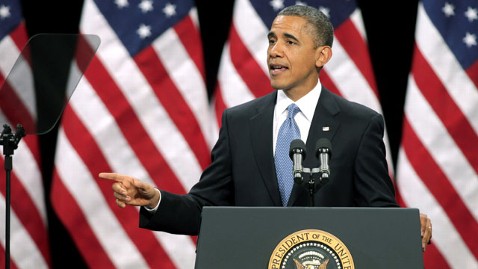BALTIMORE (AP) — After weeks of round-the-clock medical care, Brendan Marrocco insisted on rolling his own wheelchair into a news conference using his new transplanted arms. Then he brushed his hair to one side.
Such simple tasks would go unnoticed in most patients. But for Marrocco, who lost all four limbs while serving in Iraq, these little actions demonstrate how far he's come only six weeks after getting a double-arm transplant.
Wounded by a roadside bomb in 2009, the former soldier said he could get by without legs, but he hated living without arms.
"Not having arms takes so much away from you. Even your personality, you know. You talk with your hands. You do everything with your hands, and when you don't have that, you're kind of lost for a while," the 26-year-old New Yorker told reporters Tuesday at Johns Hopkins Hospital.
Doctors don't want him using his new arms too much yet, but his gritty determination to regain independence was one of the chief reasons he was chosen to receive the surgery, which has been performed in the U.S. only seven times.
That's the message Marrocco said he has for other wounded soldiers.
"Just not to give up hope. You know, life always gets better, and you're still alive," he said. "And to be stubborn. There's a lot of people who will say you can't do something. Just be stubborn and do it anyway. Work your ass off and do it."
Dr. W.P. Andrew Lee, head of the team that conducted the surgery, said the new arms could eventually provide much of the same function as his original arms and hands. Another double-arm transplant patient can now use chopsticks and tie his shoes.
Lee said Marrocco's recovery has been remarkable, and the transplant is helping to "restore physical and psychological well-being."
Tuesday's news conference was held to mark a milestone in his recovery — the day he was to be discharged from the hospital.
Next comes several years of rehabilitation, including physical therapy that is going to become more difficult as feeling returns to the arms.
Before the surgery, he had been living with his older brother in a specially equipped home on New York's Staten Island that had been built with the help of several charities. Shortly after moving in, he said it was "a relief to not have to rely on other people so much."
The home was heavily damaged by Superstorm Sandy last fall.
"We'll get it back together. We've been through a lot worse than that," his father, Alex Marrocco, said.
For the next few months, Marrocco plans to live with his brother in an apartment near the hospital.
The former infantryman said he can already move the elbow on his left arm and rotate it a little bit, but there hasn't been much movement yet for his right arm, which was transplanted higher up.
Marrocco's mother, Michelle Marrocco, said he can't hug her yet, so he brushes his left arm against her face.
The first time he moved his left arm was a complete surprise, an involuntary motion while friends were visiting him in the hospital, he said.
"I had no idea what was going through my mind. I was with my friends, and it happened by accident," he recalled. "One of my friends said 'Did you do that on purpose?' And I didn't know I did it."
Marrocco's operation also involved a technical feat not tried in previous cases, Lee said in an interview after the news conference.
A small part of Marrocco's left forearm remained just below his elbow, and doctors transplanted a whole new forearm around and on top of it, then rewired nerves to serve the old and new muscles in that arm.
"We wanted to save his joint. In the unlucky event we would lose the transplant, we still wanted him to have the elbow joint," Lee said.
He also explained why leg transplants are not done for people missing those limbs — "it's not very practical." That's because nerves regrow at best about an inch a month, so it would be many years before a transplanted leg was useful.
Even if movement returned, a patient might lack sensation on the soles of the feet, which would be unsafe if the person stepped on sharp objects and couldn't feel the pain.
And unlike prosthetic arms and hands, which many patients find frustrating, the ones for legs are good. That makes the risks of a transplant not worth taking.
"It's premature" until there are better ways to help nerves regrow, Lee said.
Now Marrocco, who was the first soldier to survive losing all four limbs in the Iraq War, is looking forward to getting behind the wheel of his black 2006 Dodge Charger and hand-cycling a marathon.
Asked if he could one day throw a football, Dr. Jaimie Shores said sure, but maybe not like Baltimore Ravens quarterback Joe Flacco.
"Thanks for having faith in me," Marrocco interjected, drawing laughter from the crowd.
His mother said Marrocco has always been "a tough cookie."
"He's not changed that, and he's just taken it and made it an art form," Michelle Marrocco said. "He's never going to stop. He's going to be that boy I knew was going to be a pain in my butt forever. And he's going to show people how to live their lives."
___
Associated Press Chief Medical Writer Marilynn Marchione in Milwaukee and AP writer David Dishneau in Hagerstown, Md., contributed to this report.










